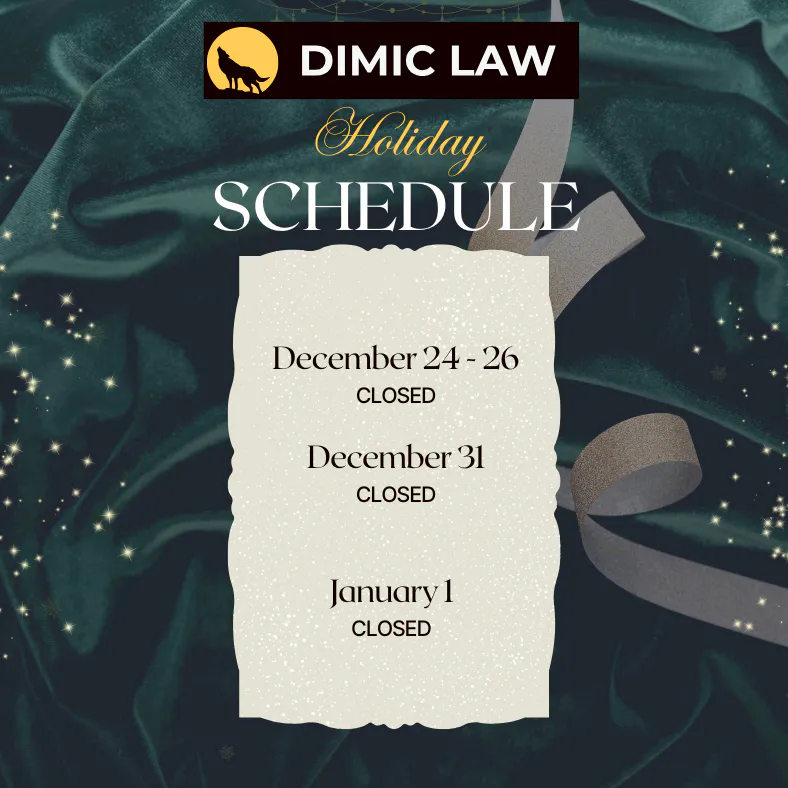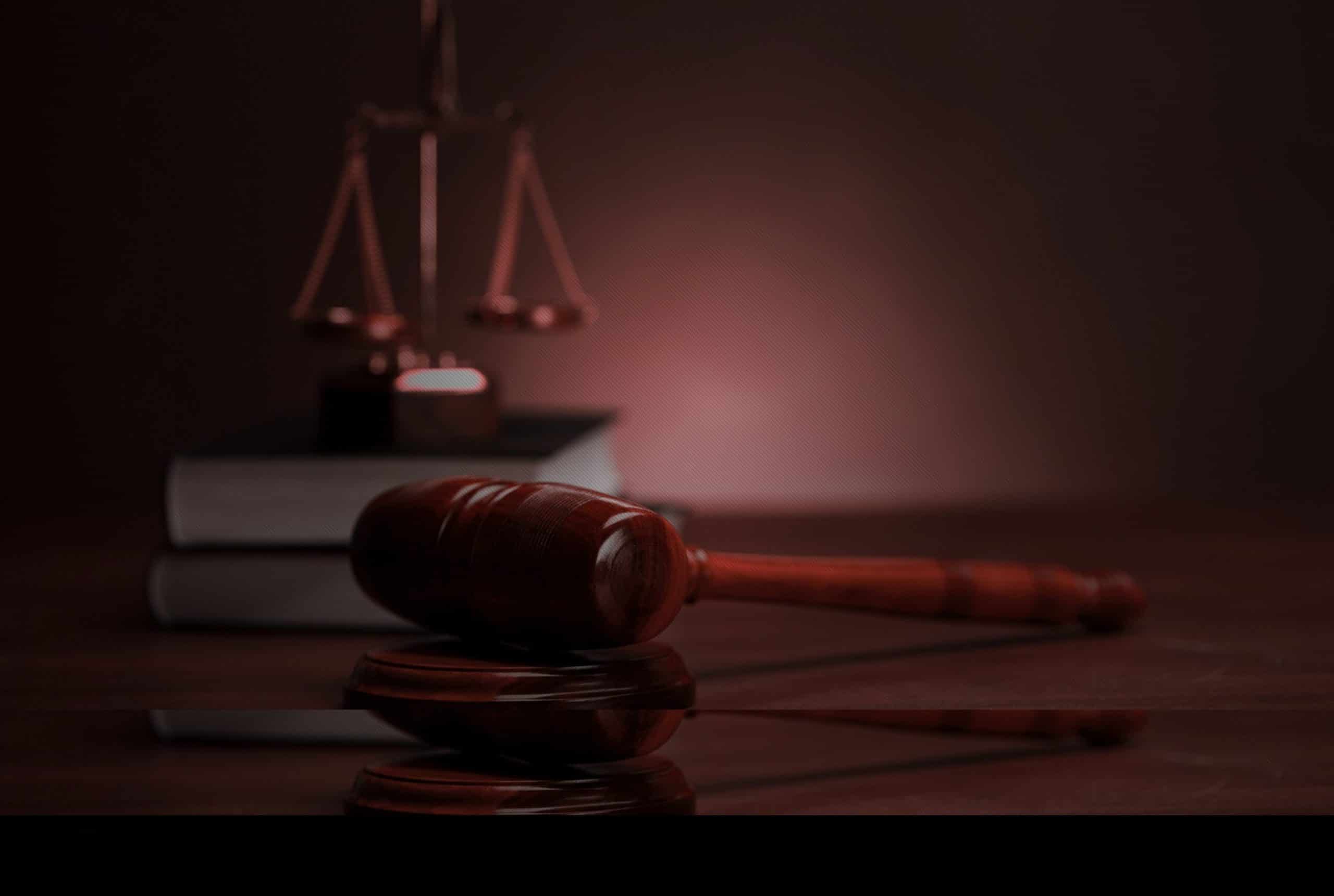
Criminal Lawyer in Calgary

Illegal use or possession of a weapon offences are treated very seriously in Canada. Conviction of a weapon owner or someone in possession, may result in a lengthy criminal record, confiscation of all firearms, and prohibition from owning firearms in the future.
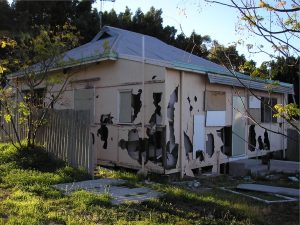
Property offences occur when property is altered, stolen or damaged without permission or knowledge from the original owner. Property Offences include Theft under or over $5,000, Fraud, Possession of Stolen Property, Obtaining Property by False Pretenses, Breaking and Entering, and Mischief to Property.

Your friend is celebrating a milestone, and you are all invited. However, last minute, and your designated driver pulls out. You still decide to attend. What’s the worst that can happen

The five main types of drug offences include possessing a drug, possession of a drug for purposes of trafficking, trafficking a drug, producing a drug and importing a drug.

The Youth Criminal Justice Act currently governs proceedings against young persons. The act recognizes that parents should be involved in the process of any proceedings rendered against their children.

Domestic Offences are considered to be made when either a family member, or a current/former romantic partner. The Criminal Code of Canada stipulates for mandatory conditions that if charged, would prevent the accused from direct contact with the complainant or victim if conviction is made in a Domestic Offence.
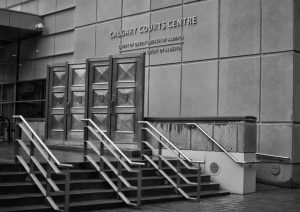
There are two types of appeals, both made to a single Justice of the Court of King’s Bench. The most common appeal falls under section 813 of the Code, which provides for appeals by the accused from conviction or order made against them, appeals by an accused or Crown from the sentence imposed, appeals by an accused or Crown from findings of unfitness or mental disorder and appeals by the Crown of an order staying proceedings.
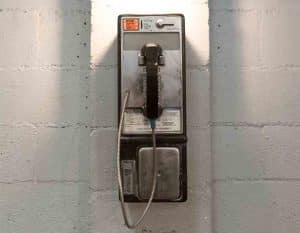
When there is refusal to release the accused, bail hearings or show cause hearings are required. Section 515 of the Criminal Code is the governing provision pertaining to bail hearings. The standard of proof for a bail hearing is on the balance of probabilities.
When the Law Knocks on Your Door: Why You Need a Criminal Defence Lawyer in Calgary
Sometimes life throws you a plot twist worthy of a Netflix series. Everything seems fine — morning coffee, work, a walk in the park — and suddenly there’s a police siren, an accusation, and a court summons. Panic sets in. You frantically Google, “What to do if I get arrested?” That’s when someone steps in who understands this legal chaos better than anyone — a criminal defence lawyer in Calgary.
Who This Person Really Is
In short: someone who knows how the system works and can protect you, even when it seems hopeless. They’re not magicians or TV-show dramatists — they’re professionals who deeply understand the Criminal Code, procedures, police interrogation tactics, and courtroom processes. Their job isn’t to “get you off the hook” but to ensure justice is done — even when the accusations sound terrifying.
In the movies, lawyers win cases with fiery speeches, slamming doors, and dramatic verdicts. Real life is less flashy — and far more complex. A real criminal lawyer Calgary spends hours or even days studying evidence, spotting inconsistencies, and identifying police errors or procedural violations. Sometimes, a person’s entire future hinges not on a loud argument but on a single mishandled document.
For instance, if police searched your property without a warrant or violated your rights during arrest, that could completely change the outcome of your case. But those details are invisible to the untrained eye.
When You Actually Need a Criminal Lawyer
“I’ll just talk to the police myself” — the famous last words many people regret for weeks. Anything you say, even casually, can and will be used against you. Even if you believe you’ve done nothing wrong, you need legal help the moment things start looking serious.
Here are some situations where hiring a lawyer isn’t optional:
- DUI or impaired driving charges
- Drug possession or trafficking
- Theft or fraud
- Assault, threats, or domestic violence
- Firearm-related offences
- Even being a suspect, not just the accused
A lawyer doesn’t just explain what’s going on — they make sure you don’t make fatal mistakes early in the process.
Why This Kind of Lawyer Is Different
There are all kinds of lawyers out there — family, business, real estate — and yes, they’re all useful. They might help you save tens of thousands during a divorce or a company purchase. But in the world of criminal law, the stakes are on another level. This isn’t about who keeps the furniture after a breakup — it’s about your freedom and your life.
How the Process Works
A good lawyer starts with an investigation: what happened, who was involved, what evidence exists. Then comes the strategy. Sometimes the best defence is a strong offence; other times, it’s negotiating with the prosecution. Experience matters — not because the lawyer is “older and wiser,” but because they’ve seen dozens of similar cases and know where the system tends to fail.
Contrary to popular belief, a lawyer doesn’t always aim for “total acquittal at any cost.” Their goal is the best possible outcome — reducing charges, minimizing penalties, or proving the case is baseless. Sometimes that means full acquittal; sometimes it means a deal that keeps you out of jail.
People sometimes face charges due to pure bad luck — grabbing the wrong gym bag or being in the wrong place at the wrong time. But the law doesn’t believe in coincidences. What matters is evidence, logic, and documentation — and having someone who knows how to use them. Otherwise, consequences can be life-altering: a criminal record, a ruined reputation, or even travel bans.
Why Cutting Corners Costs More
“I’ll find someone cheaper” — another line that comes back to haunt people later. Legal defence isn’t like buying a budget TV. You’re not saving a few hundred dollars; you’re gambling with your reputation, freedom, and future. The difference between a “cheap” lawyer and the best criminal lawyer in Calgary often becomes clear when the judge starts reading the verdict. A true professional doesn’t just know the law — they know how to use it as a weapon of protection.
When Everything Comes Down to One Choice
The justice system isn’t evil — it’s just complex. It doesn’t like panic, ignores emotions, and demands precision. If fate leads you to a courtroom where your freedom is on the line, you need someone beside you who knows the right words and the right path.
A lawyer isn’t just your defender. They are your voice, your shield, and sometimes — your last chance to protect your future.
When someone is accused of a crime, they may be arrested to face charges. However, being arrested does not mean that someone is guilty of a crime. In Canada, everyone is considered innocent until a jury or a judge decides otherwise, and for that, it is necessary to go through a trial.
A bail hearing is the first meeting an arrested person will have with a judge, who will evaluate if they should remain in custody until their trial or if they may respond in liberty. It should take place within 24 hours of the arrest, and it serves three main purposes: making sure that the accused will appear in the trial, guaranteeing the public’s safety and protection, and preserving confidence in the administration of justice.
Jordan Applications and Jordan Decisions refer to the Right to a Trial Within a Reasonable Time. It prevents all parties in the court to suffer or cause unnecessary delay to the proceedings, and establishes a framework of the timeline to be followed, including a ceiling that, if breached, creates a legal presumption of prejudice in the case, allowing the accused to file applications for dismissal.
The timelines, found on the Alberta Government website, are as follows:
- 18 months after charges are laid – for a province’s main entry point into the court system (example: Provincial Court of Alberta)
- 30 months after charges are laid – for a province’s superior court (example: Court of Queen’s Bench of Alberta)
Those terms refer to the classification of offences in Canada. The first, a Summary Offence, is used to describe less serious crimes, such as non-violent crimes, disturbance of peace, trespassing and so on. The consequences of those acts are also much less serious, with fines not over $5,000 and no more than two years of jail time. Another feature of Summary Offences is that they do not require the accused to show up in court unless a judge determines so. It means that a person can choose to ask for a representative such as a lawyer to go in their place to the court.
Indictable Offences, on the other hand, are significantly more serious. The nature of crimes that are considered Indictable Offences vary, and can go all the way to murder. The consequences follow accordingly since jail time for those cases can escalate to life imprisonment, and as such, the accused must go to court in person.
Some cases can be categorised as Hybrid Offences, in which the charges may not reflect the true nature of the crime committed. For those cases, the Crown Prosecutor can request that the case follows the rite of a Summary or an Indictable Offence, depending on the facts they want to present.
This act regulates the criminal procedures for young persons who have committed crimes. Anyone who is between 12 and 17 years of age will fall within the guidelines of the YCJA and receive special treatment for their case. This is because, in Canada, the goal of the system of justice is to hold people responsible for their acts while also trying to rehabilitate them into society. Because children are still developing their maturity, it is not expected of them to fully understand the consequences of their acts, and so it is necessary to put extra effort into reintroducing the youth convicted back into society and provide them with a better future, away from crime.
In most areas of law, having a lawyer with you is not a requirement, but an option. In criminal justice systems, it is highly recommended that an accused person hires a lawyer or asks for the State to provide one for them. Just think about it: being charged with a crime is a serious matter, and can result in a conviction that may affect you financially, personally and morally. Not only you may be required to pay fines, but you can also face jail time and have your life forever shadowed by it.
A lawyer will assist you in proving your innocence and negotiating the best terms in case of a conviction. It takes time and experience to be a successful criminal lawyer, and so people with no legal background should not try to rely on self-representation to defend themselves, especially in cases with high emotional baggage attached.
The Crown Prosecutor is the person who will represent the State in court, in a similar way that a lawyer will represent their client. When someone commits a crime, it is in the best interest of society that they face charges and are properly held responsible for their acts. Because of that, it is the State’s responsibility to investigate and present the evidence against this person to prove that a) a crime occurred; b) the time and location of the crime; c) the identity of the person who committed the crime, and; d) all of the relevant elements of the crime.
.
Parole is the possibility for some people to finish the rest of their jail sentences in the community rather than in prison. It is a condition attached to the main conviction, which means that the person is not free, but is being given the option of reintroducing themselves to society faster. Parole is not loosely given: in the federal courts, the National Parole Board must make the decision based on the nature of the crime and the behaviour of the offender in prison. It is also necessary to establish the conditions of the parole, for example, if the person will be able to live in a personal home, how many times they need to report back to the parole officers, where they can or can’t work, etc.
Probation, on the other hand, is not attached to any sentences, rather being the sentence itself. That is, a person will not leave jail “on probation”, but they will be convicted of going on probation from the trial. This sentence can be given in less serious cases with a maximum of three years of probation, in which the convicted will have to keep attending to the specific conditions of their sentence, for example, going on counselling or treatments, reporting to officers, and so on.
DUI stands for “Driving Under Influence”, a term used to designate impaired driving, and it is a fairly common offence in Canada. The law establishes a limit of 80 milligrams of alcohol per 100 millilitres of blood for a person to be permitted to drive, and so when this limit is passed, an offence is committed.
DUI is a hybrid offence, which means that the procedures during the trial, if it is going to be considered a Summary Offence or an Indictable Offence, will depend on what the Crown Prosecutor thinks it’s best, considering the facts of the crime. This is because Driving Under the Influence is a broad term that can simply mean that someone was drunk driving or that someone lost their life due to an impaired driver.
The results in trial for those cases also vary accordingly to the degree of the offence. For smaller cases, the convicted person may simply need to pay an expressive fine and have their driver’s license revoked, while in major cases the driver can even be charged with life in prison.
In general, yes. Criminal cases require trials, but the overall process can be shortened by a few measures that may apply to certain cases. The most common one is plea bargaining, in which the lawyer and the crown prosecutor arrange terms for a lesser conviction if the defendant is willing to plead guilty. This can be very advantageous for some people since it can reduce imprisonment time.
There is also the possibility of the Crown withdrawing all charges if a case is eligible for alternative programs such as the Mental Health Diversion or the Alternative Measures Program, which would exchange a trial with proof that the defendant took measures to remedy the situation caused, such as making an expressive donation, going to counselling, apologising in public or repairing the damage caused. Those terms can also be negotiated in an informal resolution with the Crown, which would also drop all charges.
Finally, the best possibility for a person not going through all steps of a trial is to have all charges withdrawn for the lack of a case. That is if the lawyer is successful in proving to the crown, before the trial, that they do not have a solid case beyond reasonable doubts against a person, the case itself can be dismissed.

